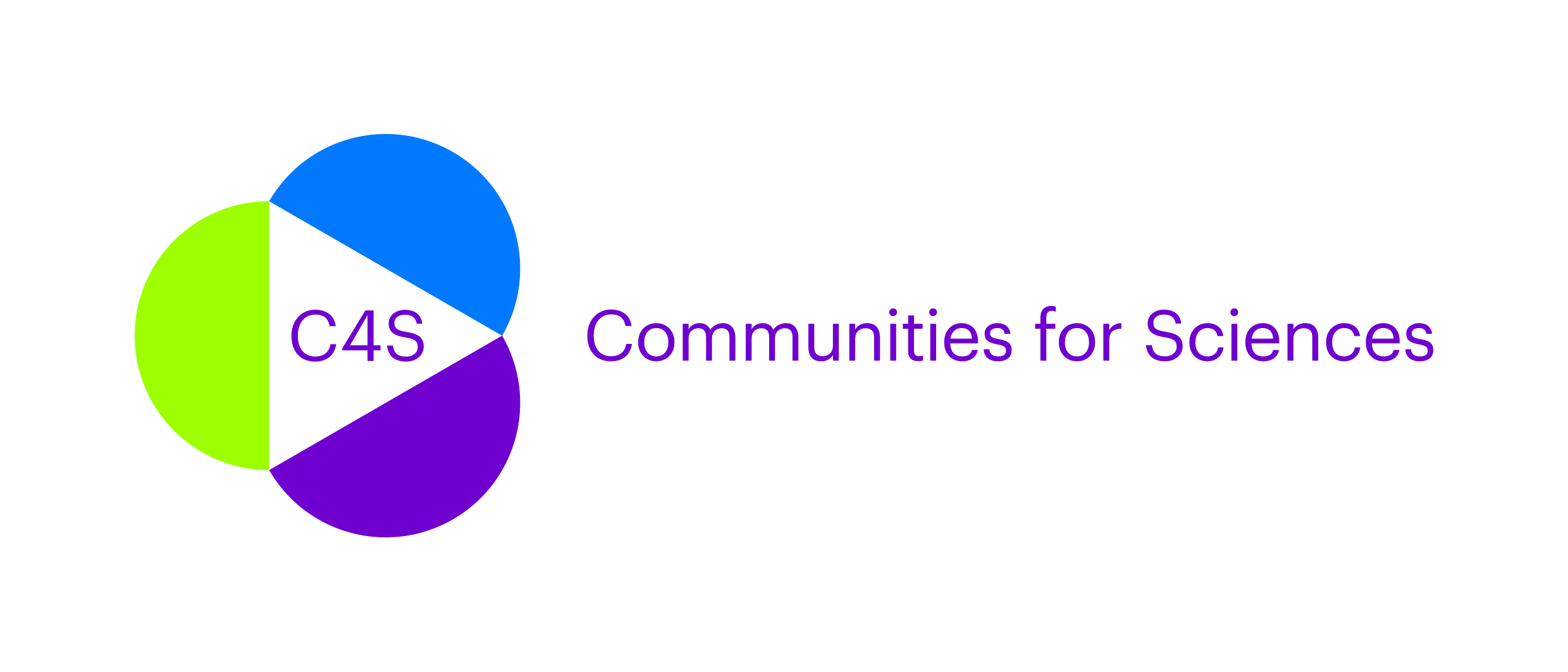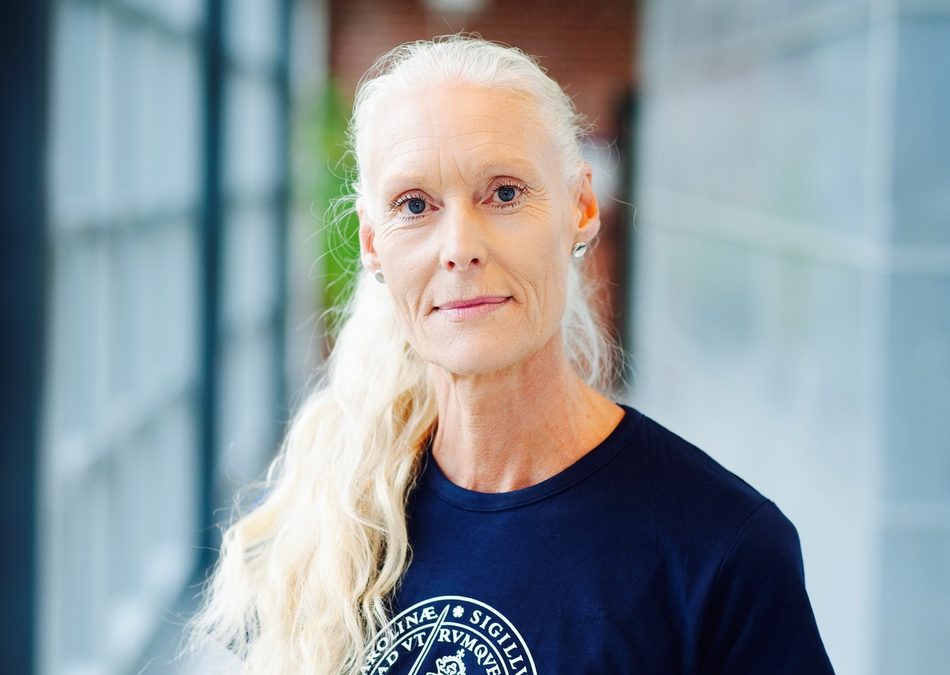Kristina Orban (PhD) is a lecturer and researcher at the Department of Health Sciences, Faculty of Medicine, Lund University, with a research focus on Family-centred health promotion interventions. In this interview Kristina Orban talks about the challenge of awakening an interest in science among children and families in vulnerable situations.
What is your background and what is for you more interesting about this Inclusive Science Education approach? How did you go about making yourself an expert in ISE?
My background is 30 years of experience from working with children with special needs. I have worked specifically with children with neurological disorders, neurodevelopmental disorders, and children with obesity. Inclusive education and equal play opportunities are some of my areas of interest. All children have a right to participate in playful learning activities as it underpins well-being, health, and development.
A child with special needs can add an appreciable extra amount of stress into family systems. How family members organize their time, engage in daily activities, and interact with one another vary from one family to the next and on the socioeconomic spectrum. Parents who experience stress because there are too many things to be done and not enough time for play and co-occupations in the family may need support.
What is the origin of the cooperation between Lund University and the C4S project? What is your role in the project?
I have experience from being the project lead in an Erasmus + funded initiative entitled ‘Making Internationalisation a Reality for Occupational Therapy Students’ (MIROTS). Through MIROTS, Lund University (Sweden), University of Southampton (UK), and the National University of Ireland, Galway, (Ireland), collaborated to develop the skills of emerging occupational therapy practitioners in negotiating, partnering, and advocating for the rights of socially excluded groups in European society. In the final year of the Erasmus project, we invited University of Vic (Spain) to participate with our students. The main educational goals were to develop a deeper understanding of occupational (in)justice within each of the host institution’s local community, while acknowledging and seeking understanding of diversity and culture in daily practice and the professional responsibilities to create inclusive societies for all.
My role in the C4S project is mainly research and acting as a discussion partner together with project coordinators and other participating institutions, in an effort to generate transformative learning between educators and researchers.
Could you briefly explain what is for you relevant regarding the notions of diversity, equity, and inclusion and indicate how they might relate to one another in the C4S project? Which do you consider to be the most important for people and organizations to focus on and why?
I think community-based participatory methods in science education is an urgent issue to empower children and families in vulnerable situations. When it comes to science, many children, especially those who belong to so-called vulnerable communities are left behind. So, to achieve equity on all levels, it is relevant to promote co-created inclusive science education with and for local communities. Having an intense focus on justice for minorities is valuable and an essential prerequisite for the social practice of science.
And what can you say about the role of children in processes of inclusion? Can we say that the child’s view is the most inclusive of all?
To empower children and to promote Inclusive Science Education is an ongoing process aimed at offering quality education for all while respecting diversity and eliminating all forms of discrimination. I think if children shall experience inclusion and be able to participate in learning and playful activities, we must involve children in planning and decision that regards them. When learning a new skill or being motivated to participate in a new activity we must look for “just right challenge” that empower every child to be able to grow and learn.

